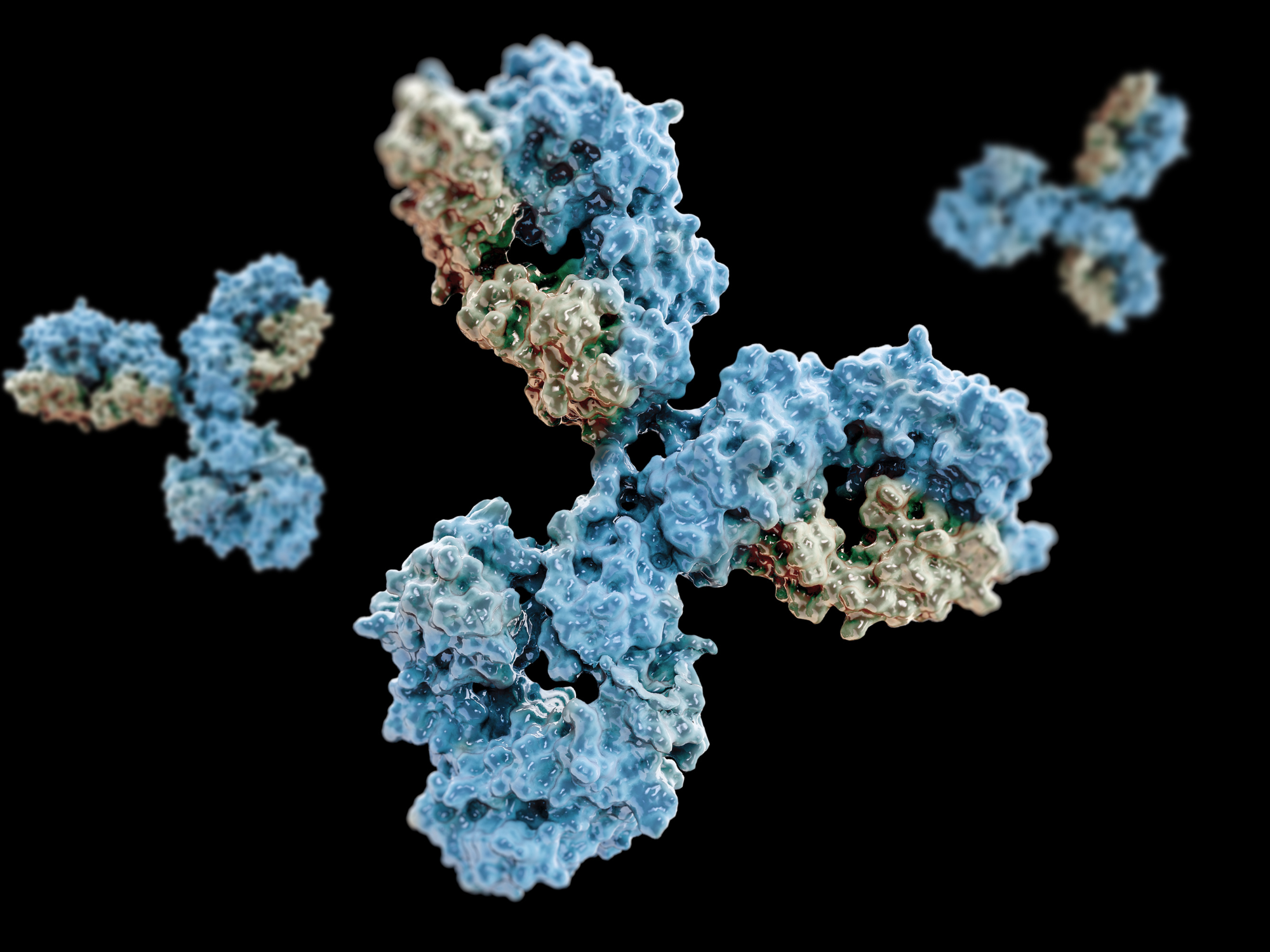Absci to Collaborate with the Memorial Sloan Kettering Cancer Center to Develop Biologics using AI

Absci, a Vancouver WA based company using generative AI to create new drugs, has announced that it has entered into a partnership with the Memorial Sloan Kettering Cancer Center (MSK), the leading New York NY cancer hospital and research institution.
The collaboration will see the two partners work together to discover and develop novel biologics for the treatment of cancer. Teams from both organisations will work side by side in up to six programs using Absci's Integrated Drug Creation platform.
“MSK has an incredible record of groundbreaking translational and clinical innovations in oncology,” said Sean McClain, Absci's Founder & CEO. “By combining MSK’s research expertise with our generative AI drug creation platform, we have the potential to unlock critical advances toward treating this devastating disease.”
Absci's Integrated Drug Creation platform uses protein-protein interaction data from proprietary wet-lab assays to train its AI algorithm. This generative AI algorithm is then employed to design therapeutic antibody candidates based on their target affinity, safety, and manufacturability. Finally, these designs are supported by the company's wet-lab facilities which work to validate the candidates, moving them further through the pipeline.
“At MSK, we are committed to continuous innovation as we strive toward our mission of ending cancer for life, and we expect cancer care AI to play an increasingly important role,” said Gregory Raskin, Senior Vice President of Technology Development at MSK.
“We look forward to collaborating with Absci in leveraging the company’s generative AI platform in our ongoing efforts to advance cancer research and develop new therapies for our patients.”
In this latest partnership, MSK joins companies like AstraZeneca, Almirall, Merck, NVIDIA, and others in the list of Absci's collaborators.
Along with the programmes that will be borne out of this partnership, Absi additionally has three potential therapeutics in the pipeline: ABS-101 for inflammatory bowel disease, which is currently at the IND enabling stage; ABS-201, a dermatology lead; and ABS-301 an immuno-oncological lead.










